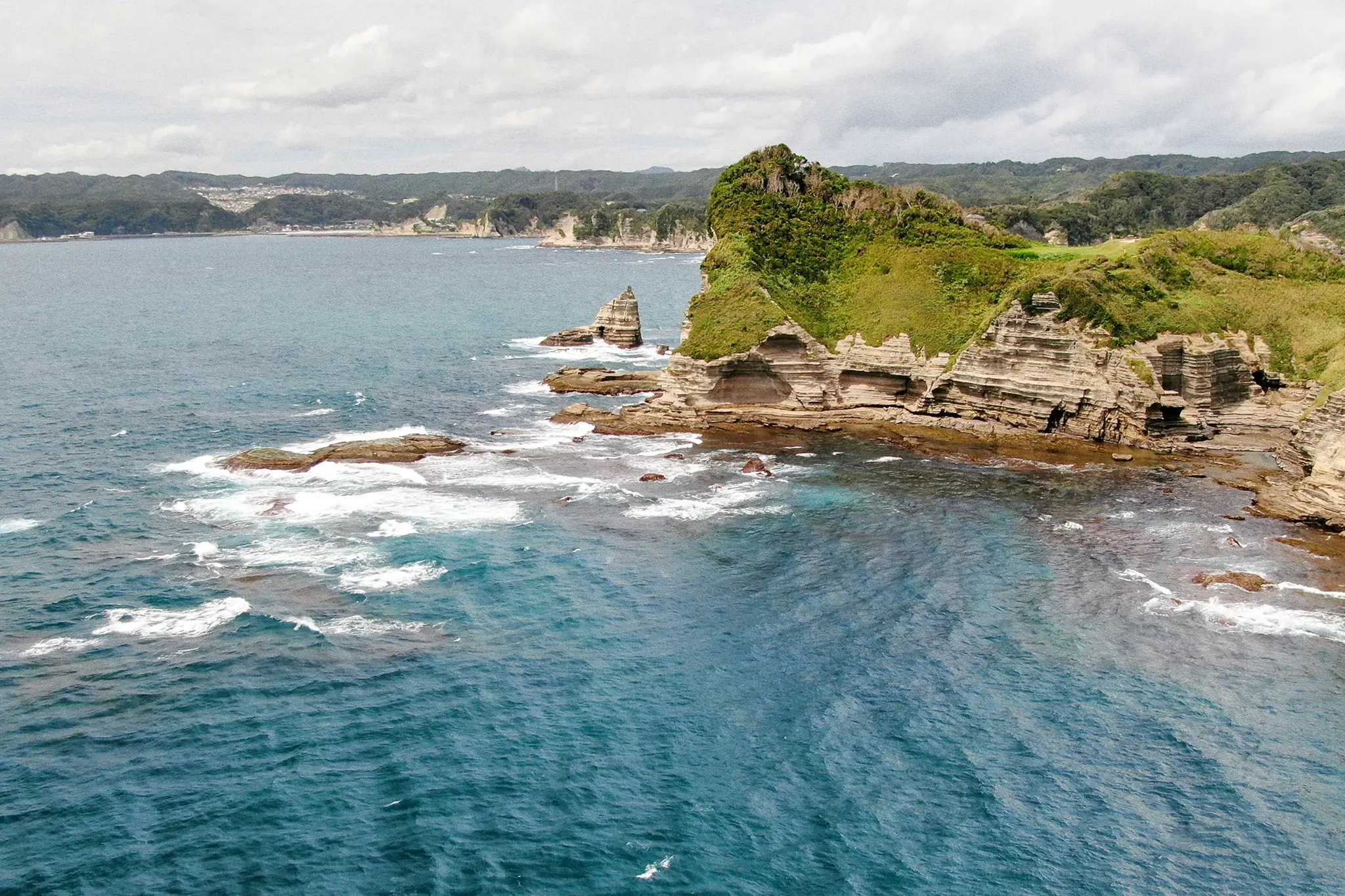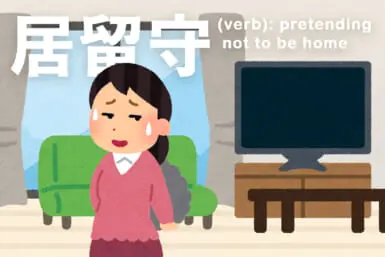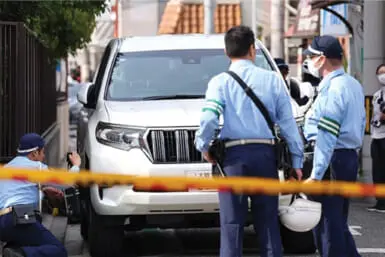I have written extensively about my struggles with mental health over the last few years. And I use, rightly or wrongly, this series of psychogeography articles to detail what I have been through and what I’m currently going through. And I hope I never alarm you too much with the description of my varying levels of madness. It was, and still is, never my intention to worry or shock you, but I do believe that sharing my feelings and experiences may bring some semblance of solace to some of you and a reassurance that you are never ever alone.
To proceed with another story and how it relates to my psychological welfare, I bring you my personal experiences related to Ubara.
I sometimes hear voices. I sometimes imagine conversations. I sometimes hallucinate and experience whole seconds, minutes, hours and occasional days which didn’t actually happen, not in the real world. In my mind and for me, however, these moments were all very real. Naturally, this is worrying, but for me, these moments or episodes of madness are always revelatory. The only problem is when others tell me that these visual and mental frames were merely figments of my imagination.
The idea of voices in my head or hallucinations reminds me of my time spent in the beautiful and secluded town of Ubara, which sits precariously on the edge of the Pacific Ocean. To this day it still absolutely entrances me.
When I first came to Japan, I lived in Chiba Prefecture, which lies on the border with Tokyo. A commuter town, a suburb, it was and perhaps still is, unfashionable and often derided by Tokyoites. However, to the south of Chiba on what is known as the Boso Peninsula is the small seaside village of Ubara, which sits between the popular resort towns of Onjuku and Katsuura. Absolutely unremarkable with almost no amenities, Ubara is a forgotten town. It’s a quandary, a misfit, defined by nothingness, the oblivion of the ocean and the tingling negation that it all instills in me.
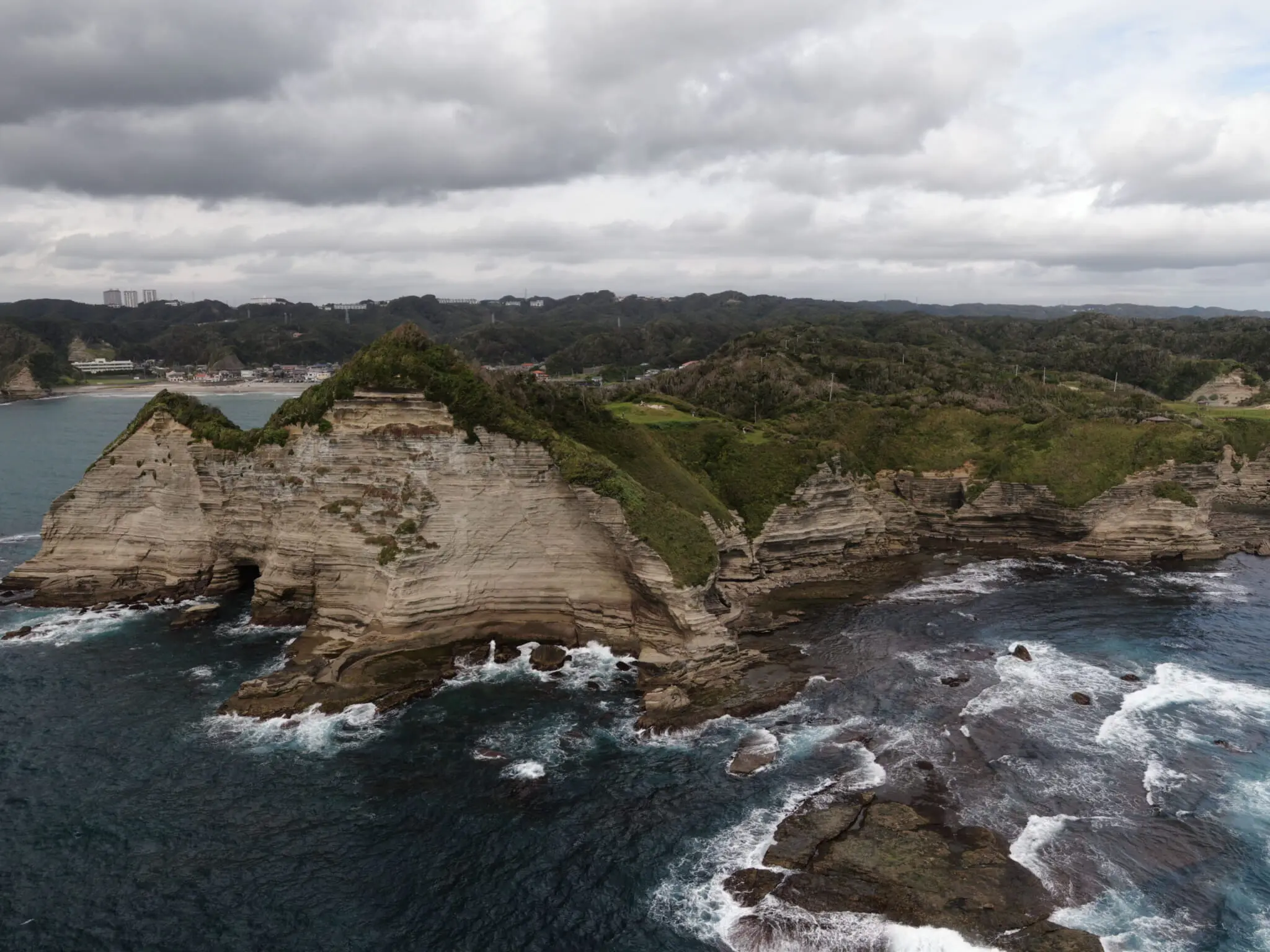
I remember the first time I visited Ubara. It was perhaps the summer of 2002 and we (some friends and my, then, girlfriend) stumbled out of the tiny station and sauntered down the ancient and crumbling winding streets towards the beach. It must have been August and the temperature was, as usual for that time of year, searing. Probably in the late 30s (degrees Celsius), perhaps touching 40 when you consider the, quite frankly, outrageous humidity. There were a few random bodies and beach stalls but that was about that.
What struck me about Ubara was the utter tranquility. A ridiculous and thunderous silence. Just the crashing of the waves and barely audible sounds of some kids playing on the other side of the beach. When you consider that Ubara is only just more than an hour from Tokyo Station, it’s barely believable that you can take a trip to another geographical and mental realm where memories of Tokyo taxi cabs, swathes of bodies, suffocating pollution and the intensity of life just float and submerge themselves into the waves of the dark and unknowable sea.
One of my favorite Japanese authors, Shusaku Endo, penned, for me, one of the 20th century’s most beautiful novels, Silence or Chinmoku in Japanese. The narrative is simple enough — it details the beginning of Christianity in Japan during the 1600s and the trauma of European missionaries sent to convert the Japanese population. Brutal, intense and heartbreaking, it’s a novel (along with James Kelman’s A Disaffection, Virginia Woolf’s Orlando and Joan Didion’s essential essay collection Slouching Towards Bethlehem) that has, for some reason, stayed with me along the way.
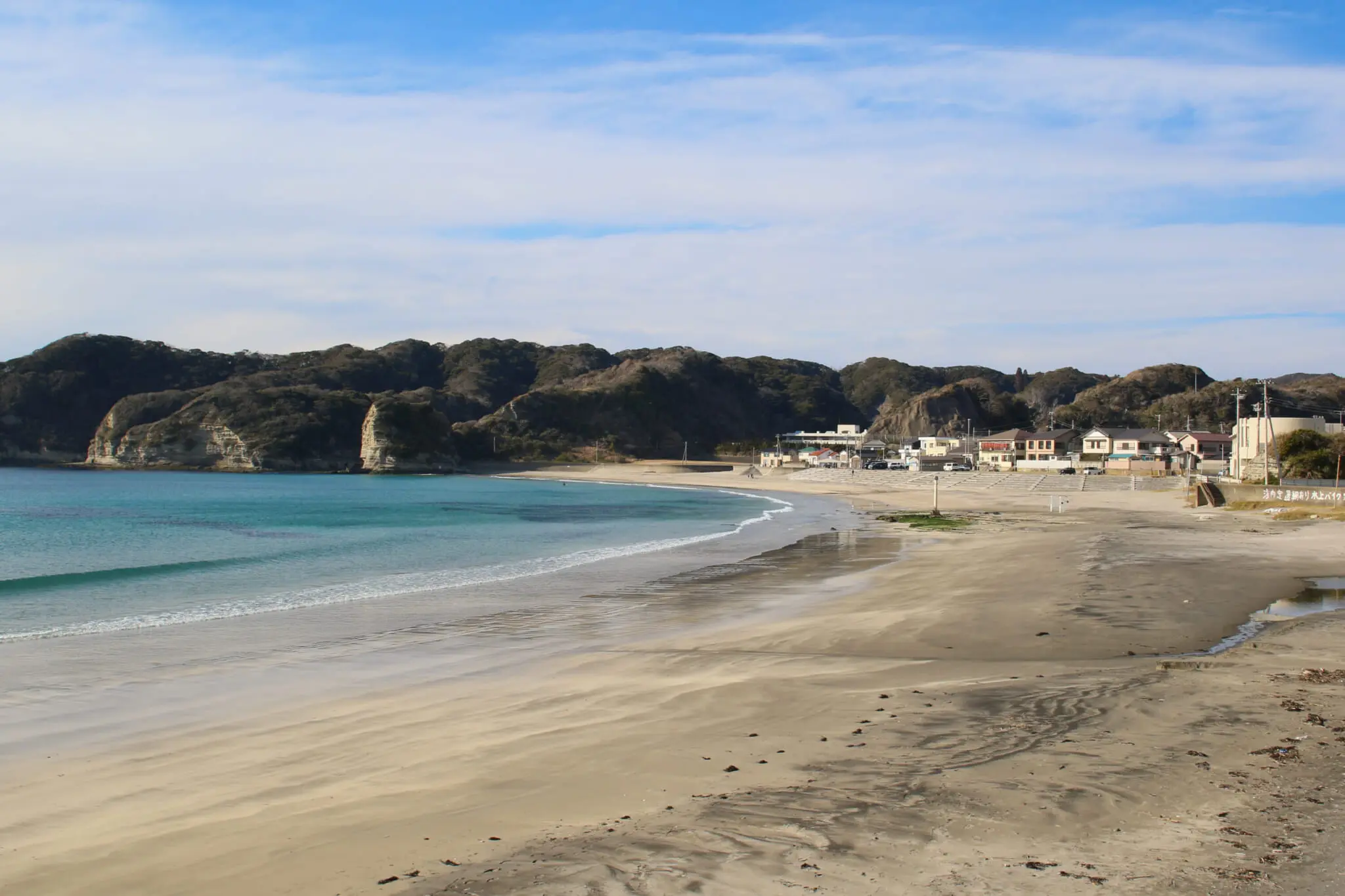
Silence is a novel which spoke to me, particularly, as a Scottish-Irish Catholic in Glasgow. The bigotry that we (my family and most other Catholic families) experienced in a country where roughly 4 million were Protestants and less than 1 million were Roman Catholics was, in retrospect, intense. In our area, in north east Glasgow, a city in those days (and perhaps still now) divided by religion and football was, essentially, a mini and diluted version of what was happening in Belfast. We were subjected to regular abuse. Some were refused employment due to their faith. Attending Catholic primary and high schools was also tantamount to wearing a target on your forehead. In fact, the beginning of Lent (Ash Wednesday), where Catholics receive ash on their foreheads, was a particularly distressing time. But we wore this ash with pride and moved on, hoping and praying Scotland would with it.
Are you allowed to quote from yourself? To be honest, I’m not sure that you are. However, I wrote about Endo in a previous article for Tokyo Weekender and I think I encapsulate my feelings about him and Silence well in it. Here are two paragraphs from it.
The silence that Endo wrote so movingly about, was connected to God. That the unconditional love of God is just as powerful as when they are silent. Atrocities, wars, genocide, racist attacks and hate, we live through them wondering why they are silent and that leaves us with a crushing feeling of helplessness. Or perhaps they were there all along. The answer, or an answer, is found near the denouement of Endo’s Silence when Jesus speaks to the priest Rodrigues. “I understand your pain and your suffering. It is for that reason that I am here. I was not silent. I suffered beside you.”
The faith of the Catholic missionaries that visited Japan in the 1600s was, essentially, faced with an agonizing and outstanding silence. One look at Martin Scorsese’s epic 2016 version of Silence and viewers are quickly faced with this deafening spiritual stillness. Torture, crucifixion and priests subjected to fumi-e (stamping on religious imagery) was par for the course in those days and the fact that Japan has any living and practicing Christians is testament to those very missionaries from 400 years ago. With the waves overcoming them, crucified at sea, praying to God to help, receive them, they called to them and received nothing in return.
I sometimes imagine them, when I walk along the beach in Ubara. Young and naive priests from Europe, stepping into the freezing sea (exhausted after months of travel) from makeshift rafts and running ashore to find safety and locate the small communities of Christians that awaited them, sheltered them and put every ounce of faith and hope in them.
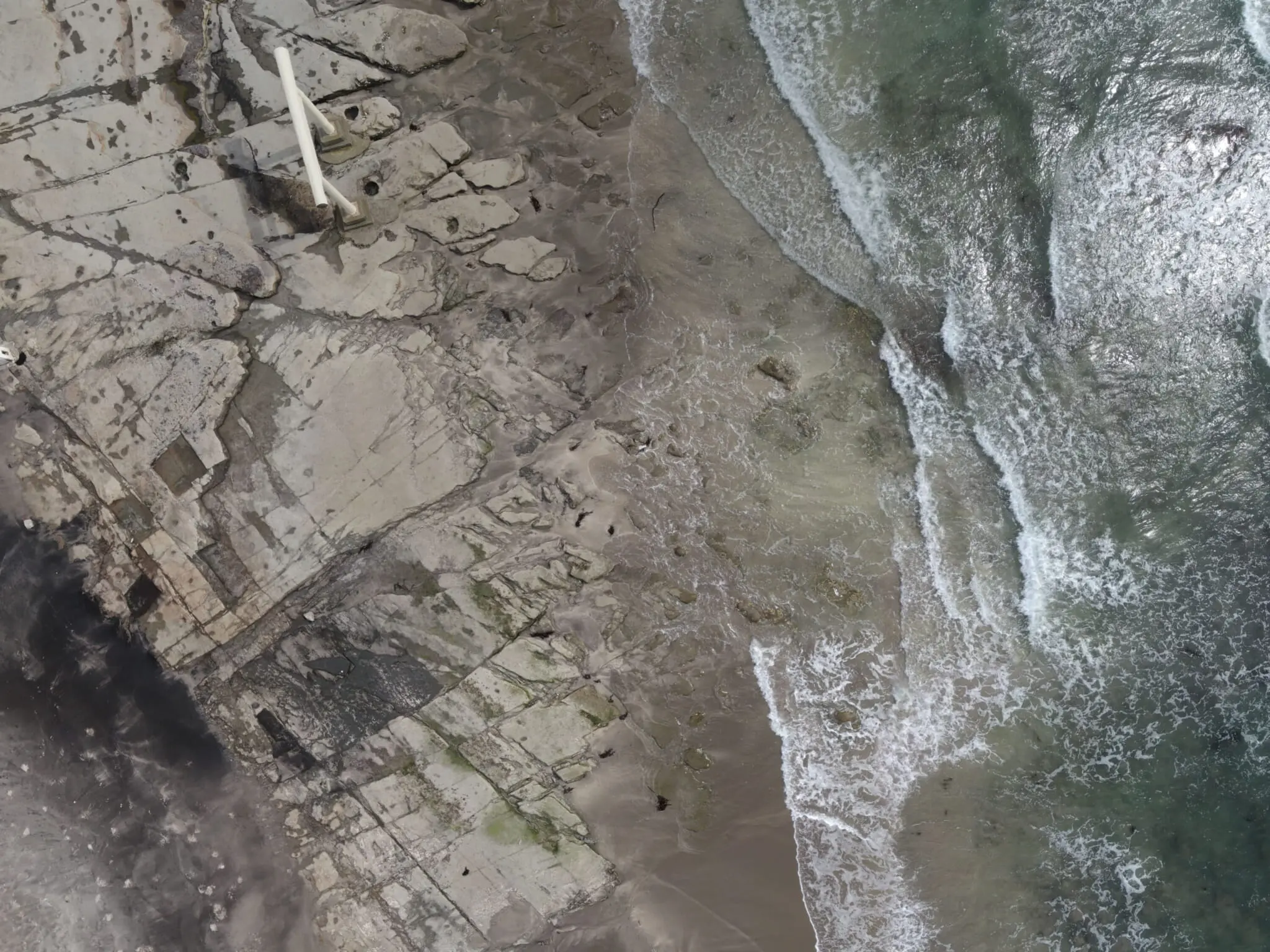
Sleepy Ubara, unknown and unwanted, has always had a particularly emotional effect on me. I often remember, when in Ubara, a stanza of a poem by one of my favorite American writers, Frank O’Hara from his most widely read piece, “Mayakovsky.”
It may be the coldest day of
the year, what does he think of
that? I mean, what do I? And if I do,
perhaps I am myself again.
I often think that when I step onto the beach, in Ubara, and slowly and tentatively enter the water that I, also, gradually become myself again. It’s akin to a kind of spiritual and religious or, if you prefer, non-religious baptism. Perhaps it could be called a baptism of the soul.
And when I step into the arresting body of water in Ubara, I’m also automatically transported to the opening scene from my favorite film, by the Norwegian auteur Joachim Trier, Oslo, August 31st. The story of a final day, much like Tom Ford’s masterful A Single Man, starts with the protagonist stepping into a river with his pockets full of rocks and stones in an, ultimately futile, attempt at suicide. The film essentially depicts a recovering addict who is given permission to leave the rehabilitation center where he has been resident for the previous few months. Trier explores the possibilities of living life as an addict, but he also captures the beauty of Oslo and the fragility inherent in the film’s protagonist, Anders, played so beautifully by Anders Danielsen Lie.
Again, it’s the details which grab me and urge me to move closer. The gold serial numbers on the side of a pair of sneakers in Anders’ room, which may or may not be by the very cool American footwear brand Common Projects. The perhaps ironic use of A-ha’s “I’ve Been Losing You” in the taxi as Anders travels into central Oslo, and Sébastien Tellier’s hypnotic, palindromic and bleak “La Ritournelle” playing in the background of the rooftop party scene. It’s the visual set piece that Trier frames later in the movie, however, that I’m drawn to most of all. Anders sits on the rear of a bicycle as his friend steers them through the deserted dawn streets of Oslo blowing smoke from fire extinguishers into the early morning air, which is mesmerizing and shows, perhaps, that unadulterated beauty and happiness can also be found in levity.
But to return, finally, to Ubara. This tiny town and silence are very much indistinguishable to me. There is nothing there, but in its geographical nihility, it’s beautifully blessed. An outpost, a sea, a beach, a station, a miniscule population who live on the edge of an ocean so huge that it defines the very essence of nothingness. But the absolute beauty and peacefulness that I find there, makes me pray to God in a, perhaps futile, attempt to ultimately stir them from silence and to speak to me, suffer alongside me and ultimately take pity on me.

